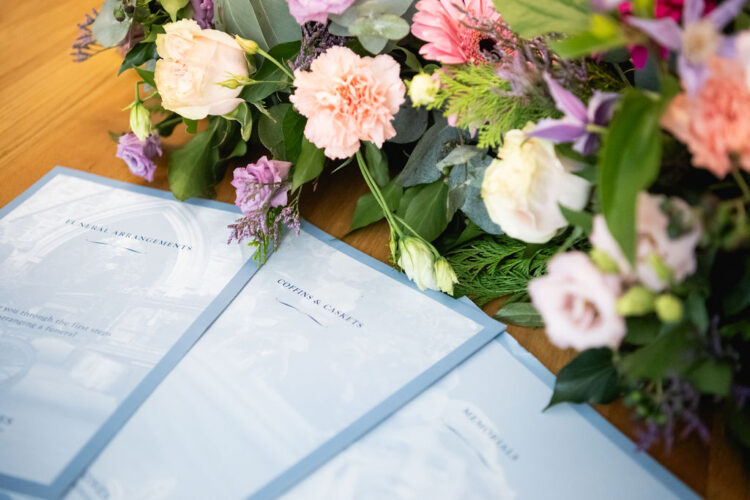Welham Jones
https://welhamjones.co.uk/wp-content/themes/welham-jones/img/logos/supersonic-playground-logo.png
300
80
Welham Jones
Talking about how you wish to be remembered has got easier. As a society, we’re getting better at having the conversations that previous generations shunned. The trend towards more diverse funerals that are much more a celebration of a life than the more sombre events of yesteryear has also helped generate more open discussion about the little touches that can truly personalise a final farewell. A Letter of wishes, sometimes referred to as an Expression of Wishes, is a great way to let your loved ones know how you would like to be remembered – follow our tips on how best to use it.
What are the benefits of completing a Letter of Wishes?
Most people will have given some thought as to what they would want their funeral to look like. You may have personal preferences on songs or readings, or you may have strong beliefs about your type of burial.
By completing a Letter of Wishes form, you can convey your wishes about the funeral you want and – at the same time – save your family from having to make any difficult decisions during a time of grief. The letter of wishes form for funerals It is not legally binding but is a useful and confidential communication to your loved ones.
What is included in the Letter of Wishes form for funerals?
It covers several areas, including:
- Religious or spiritual beliefs
- If there is a particular church that you would like to be buried at
- If there is a particular location to have your funeral service or wake held at
- Where you would like your ashes to be spread, interred or who you would like to keep them
- Music choices
- Preferred readings, poems or hymns
- Preferred photographs to be used
- Flower choices
- Choices of coffins or caskets
- Dress code for the funeral
- Your obituary or who should write it
Where should I keep my Letter of Wishes form?
You can complete as much or as little of the Letter of Wishes form as you like and revisit the form again later if you need to add or change anything. Once the form is completed you need to sign, date and address it to your executors to be lodged with your Will, and with your funeral director, if you have chosen one.
Making a difficult conversation easier
If you and your loved ones are ready to have that conversation, talk through your Letter of Wishes with them, making any changes you can all agree on. Then give them a copy, maybe in a sealed envelope, to be opened after you pass away.
Alternatively, if you and your loved ones are not ready to talk about it, fill out a Letter of Wishes and let them know where they can find it. This will reduce the number of decisions they have to make at what is always a pressured time. It can also help their wellbeing if they know that your final farewell was in line with your wishes, and that they have done you proud.
If you would like help planning a funeral for either yourself or a loved one, please contact us.






